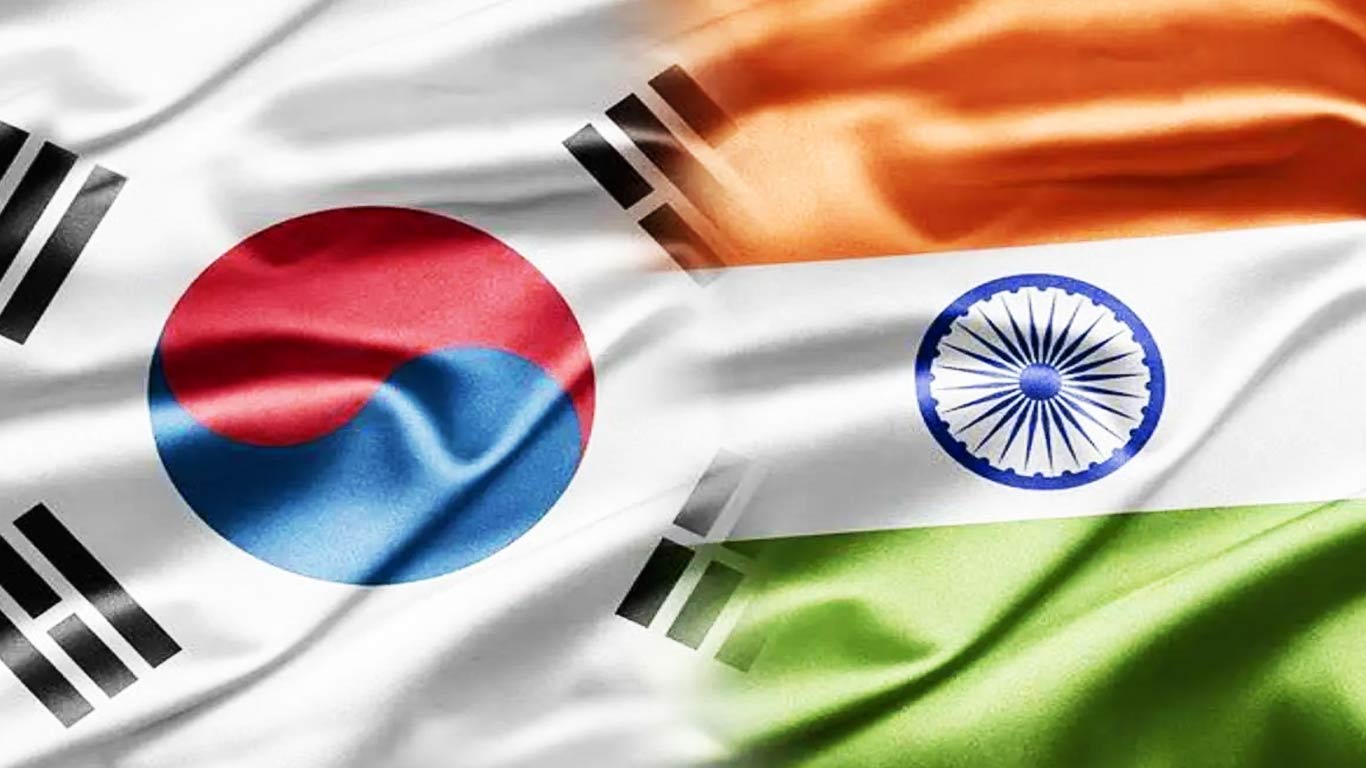No WTO consensus on private sanitary-phytosanitary standards
Updated: Apr 02, 2014 01:40:37pm

“Both issues have been discussed for several years in the Sanitary and Phytosanitary Measures (SPS) Committee and countries working on compromises had thought that their efforts were close to producing a consensus solution,” said official WTO data.
The committee, which consists of all 159 WTO member governments, monitors how countries are applying the WTO SPS Agreement, which deals with food safety and animal and plant health, and discusses issues arising from these rules and from individual countries’ measures.
“With no consensus on a definition for private SPS standard, the committee accepted a suggestion from Canada to look at definitions for private standards used in other international forums and to try to adapt these to SPS. However, the failure to agree on a definition aroused concern from some members,” it said.
Members raised their concerns about each other’s measures involving meat, animal products and live animals, shrimps, and other products, with African swine fever joining diseases that are more regularly on the agenda such as mad cow (BSE) and foot-and-mouth diseases.
They shared information with each other about their regulations or SPS administrations (US, Canada, Pakistan and Burundi), from Japan about radiation from the Fukushima nuclear power station, and from the EU on an outbreak of African swine fever in wild pigs.
“Nine specific trade concerns were withdrawn from the agenda or announced as resolved in the meeting. Some, such as Japan lifting a ban on fresh fruits from Argentina, Australia, Chile, Italy and Turkey, were the result of several years of negotiation. Others issues were withdrawn following bilateral talks among delegations attending the committee meeting,” WTO said.
A decision on the proposed compromise on the mediation procedure has been delayed until the next meeting.
India wanted some issues to be clarified before it could accept the compromise.
Although India said it was not objecting to the draft procedure for using the chair’s services as a mediator, it also said it could not accept the procedure until a number of legal questions were clarified, particularly how this procedure would relate to the WTO’s dispute settlement system and the implications of the procedure being voluntary, official data said.
India also opposed accepting the procedure “ad referendum”, in which the committee would adopt the procedure provided no objections were raised by a particular date.
Since the chair and the Secretariat cannot interpret WTO law, members have agreed that they should share their own views in an informal meeting in July, guided by the countries that have already been coordinating drafting the proposed procedure. (KNN Bureau)











